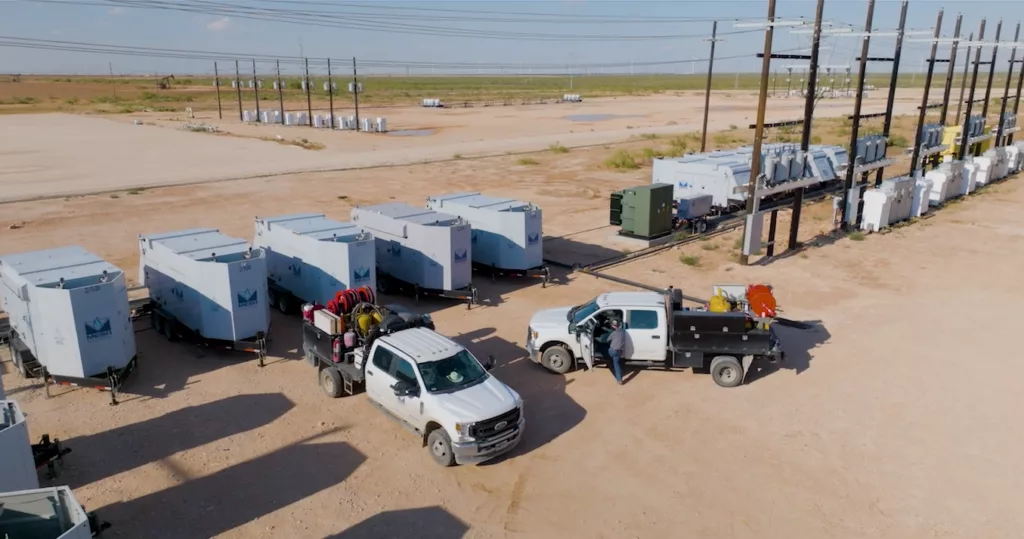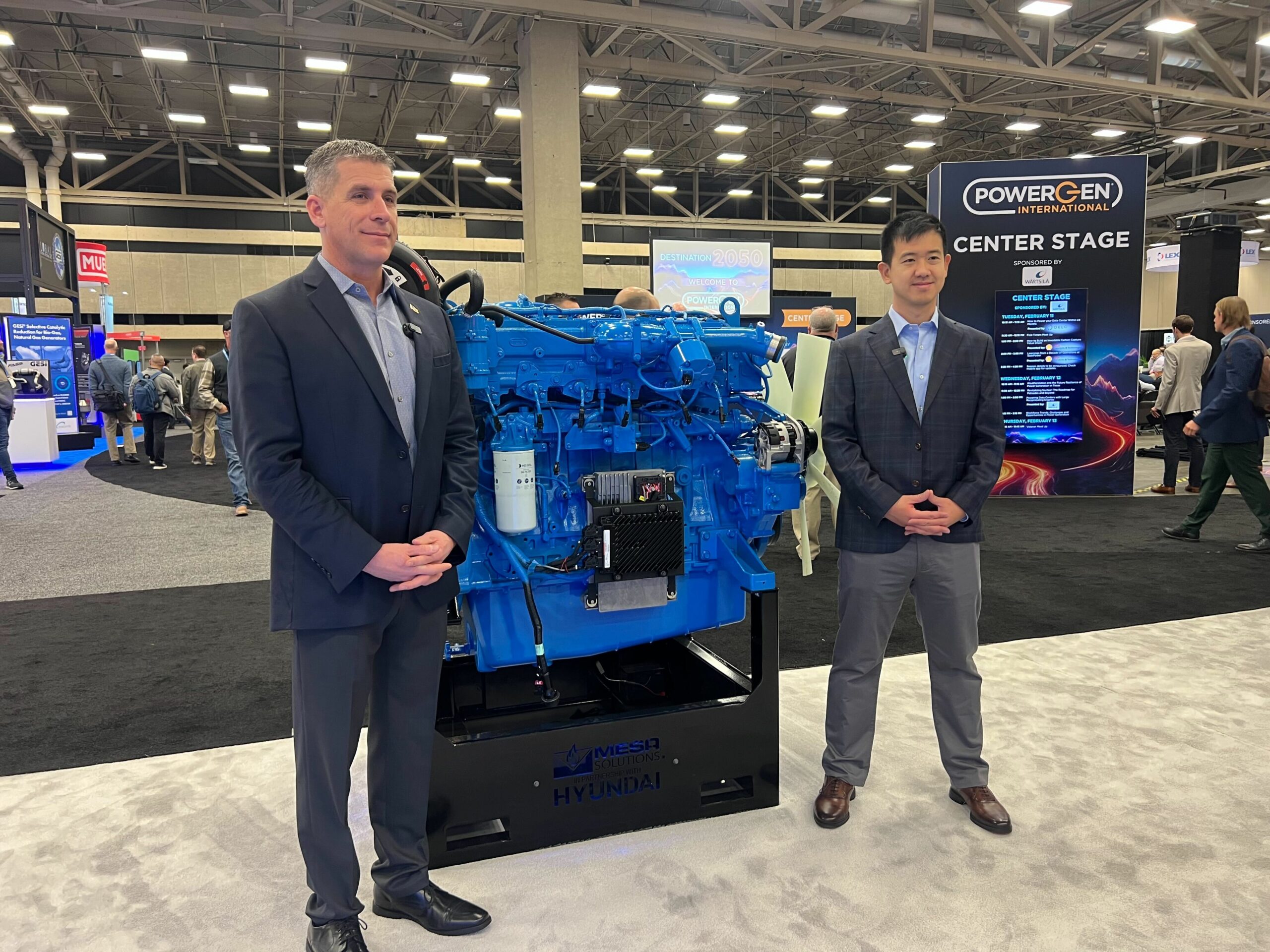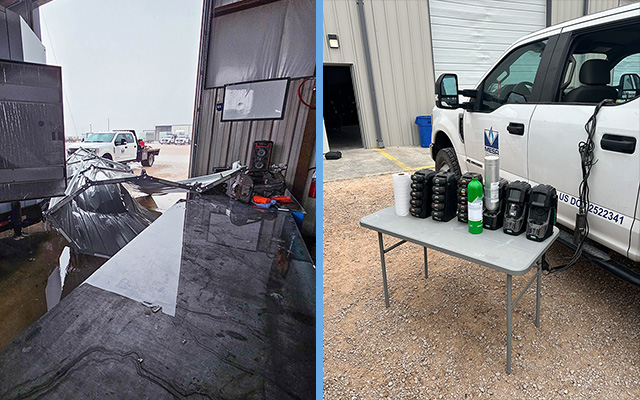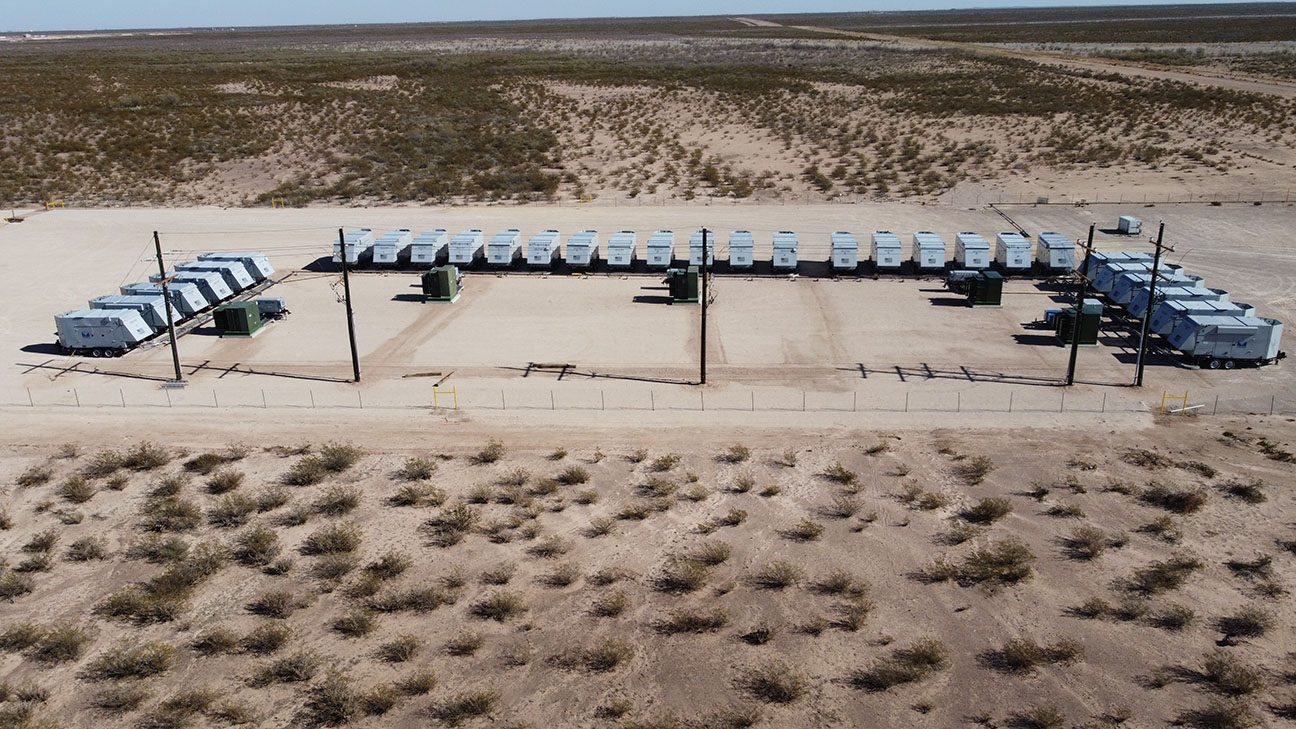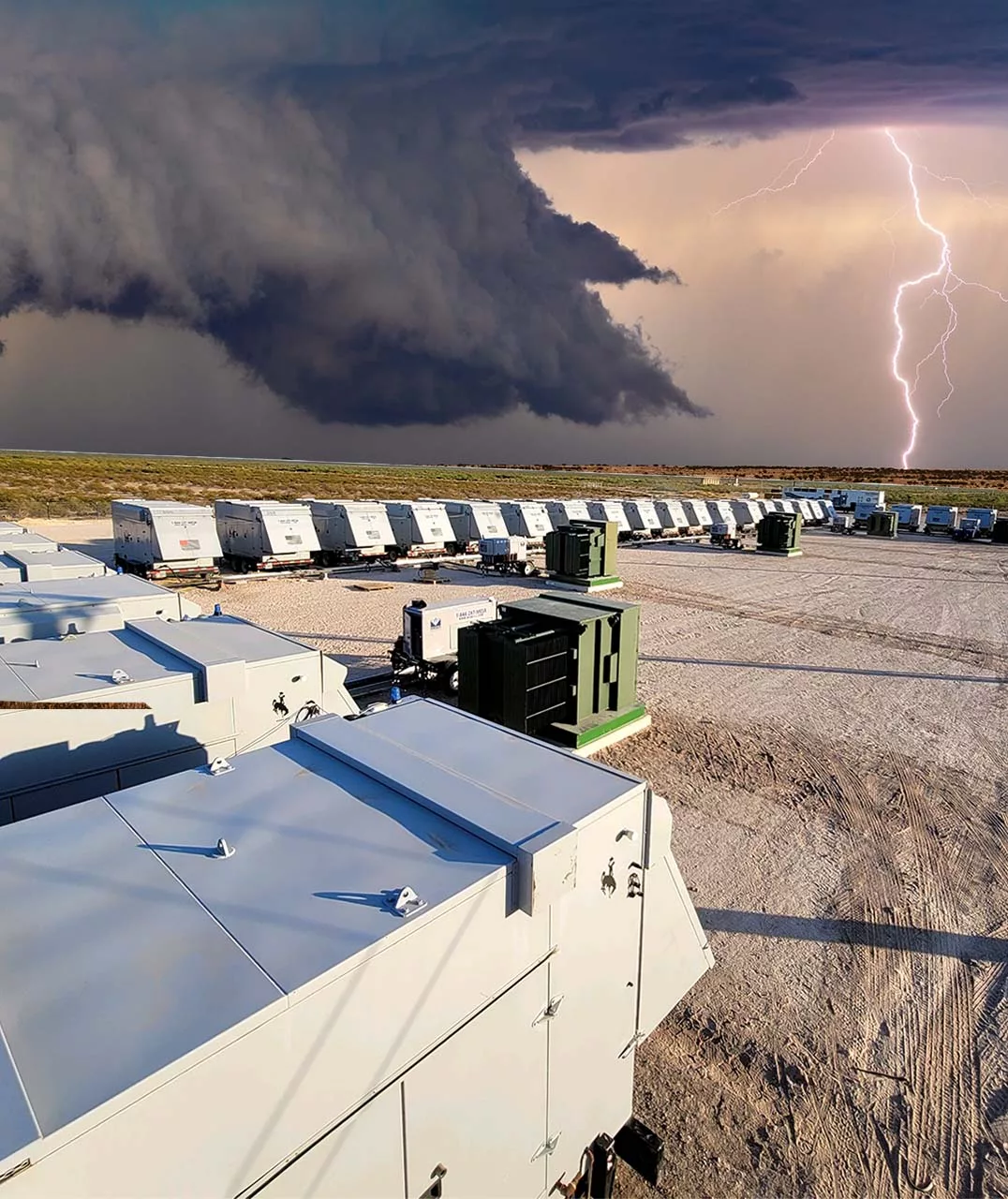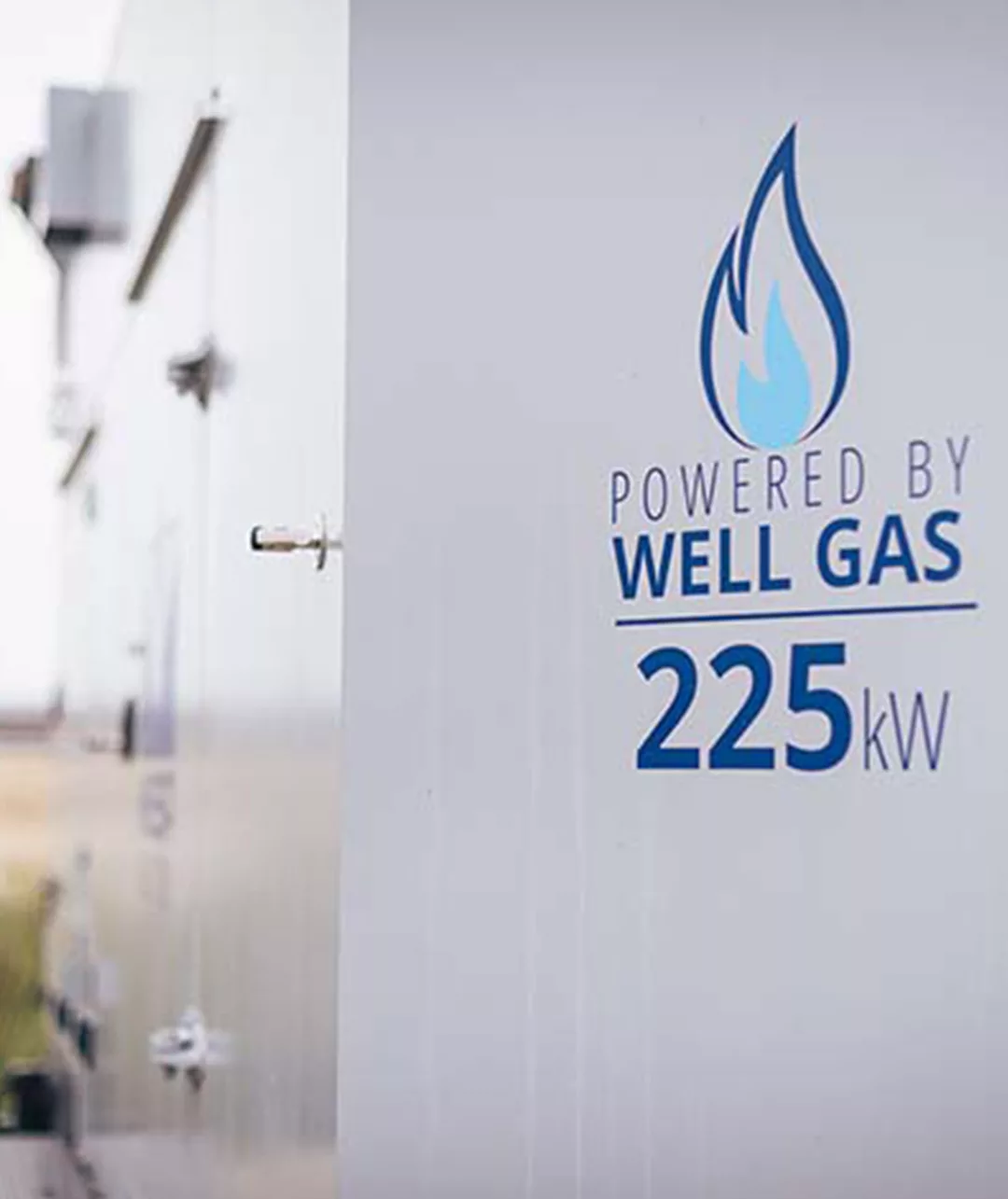The world is rapidly changing, and maintaining a reliable power supply is paramount, especially for critical infrastructure systems such as hospitals, data centers, and emergency services. Disruptions to the electrical grid can have catastrophic consequences, making it imperative to invest in resilient power solutions. One technology that has proven its worth in ensuring uninterrupted power is natural gas generators. In this article, we will explore how natural gas generators offer a viable and efficient solution for critical infrastructure, focusing on their reliability, environmental benefits, and cost-effectiveness.
Reliability
When it comes to critical infrastructure, reliability is non-negotiable. Natural gas generators have established themselves as a reliable power source, offering consistent performance even during times of grid outages or extreme weather conditions. Unlike renewable energy sources that rely on weather conditions, natural gas generators provide continuous power, making them a steadfast choice for critical systems that demand an uninterrupted electricity supply.
These generators are designed with advanced technology and sophisticated control systems that ensure seamless operations. They can automatically detect power failures and swiftly transition to generator power, minimizing downtime and preventing data loss or disruptions in critical operations. Moreover, natural gas generators can also be synchronized with the grid, allowing them to provide backup power (almost) instantly when needed.
Environmental Benefits
In an era when environmental sustainability is a global concern, it is crucial to adopt power solutions that minimize carbon emissions and environmental impact. Natural gas generators offer a greener alternative compared to traditional fossil fuel-based generators. Natural gas, composed primarily of methane, burns cleaner than diesel or gasoline, emitting significantly fewer pollutants into the atmosphere.
Furthermore, advancements in natural gas generator technology have reduced greenhouse gas emissions even further. Many modern natural gas generators incorporate catalytic converters and advanced combustion systems, resulting in lower levels of nitrogen oxides, sulfur dioxide, and particulate matter. By leveraging natural gas generators, critical infrastructure facilities can align their power needs with their commitment to environmental stewardship.
Cost-effectiveness
Investing in resilient power solutions is often associated with increased costs. However, natural gas generators provide a cost-effective option for critical infrastructure facilities. Natural gas is a widely available and relatively inexpensive fuel source compared to diesel or gasoline, contributing to lower operating costs over the long term. The stability of natural gas prices compared to the volatility of petroleum-based fuels also adds to the economic advantage of natural gas generators.
Moreover, natural gas generators require less maintenance than their diesel counterparts, translating into reduced maintenance costs and improved reliability. Natural gas generators typically have longer service intervals, and the cleaner-burning fuel helps minimize carbon deposits and engine wear, extending the generator’s lifespan.
Conclusion
As we navigate an increasingly interconnected world, resilient power solutions become the backbone of critical infrastructure. Natural gas generators offer a robust and efficient option for ensuring uninterrupted power supply. With their reliability during outages, environmental benefits, and cost-effectiveness, natural gas generators have gained prominence as a preferred choice for hospitals, data centers, emergency services, and other critical infrastructure systems.
By investing in natural gas generators, critical infrastructure facilities can safeguard their operations against power disruptions, reduce their carbon footprint, and optimize their operational costs. The continuous advancements in natural gas generator technology further enhance their reliability, efficiency, and environmental performance. Embracing natural gas generators is a strategic step toward achieving the dual goals of ensuring power resilience and promoting sustainability in critical infrastructure systems.
